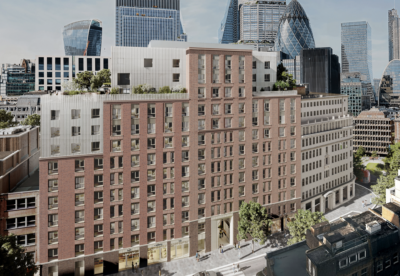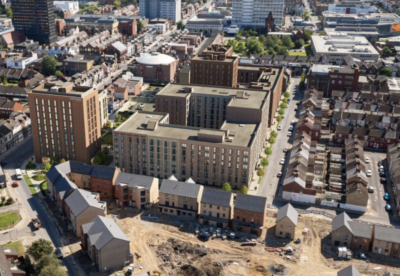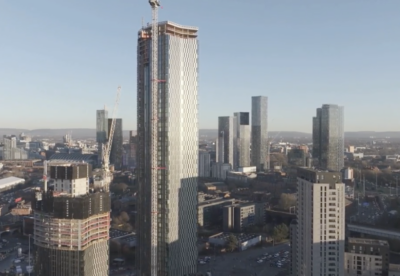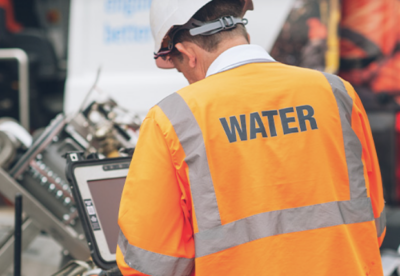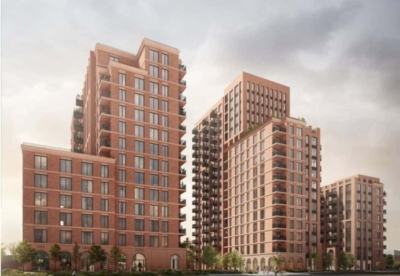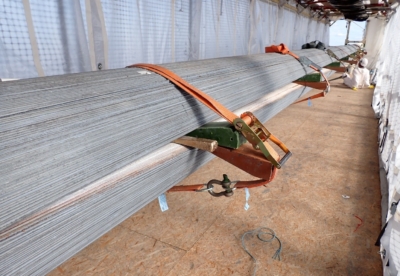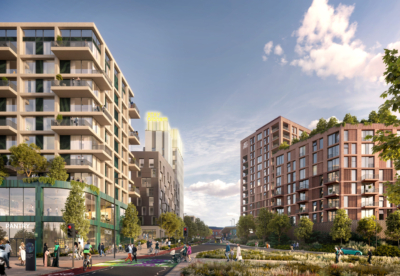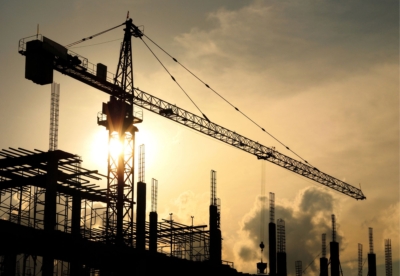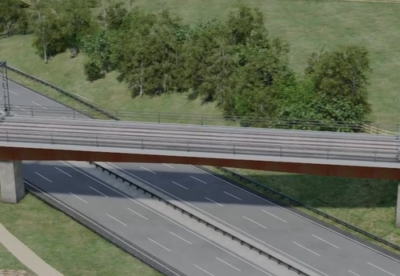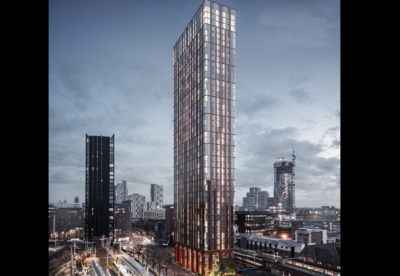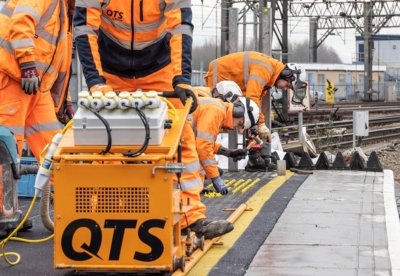The strength of the wider economic headwinds has seen Experian’s construction forecasting unit downgrade its latest workload predictions.
But economists are still predicting a relatively shallow recession with inflation, higher borrowing costs and labour rate rises expected to fade next year allowing construction to ease back into modest 1.1% growth in 2024.
Their less pessimistic outlook for 2023 contrasts with the Construction Products Association which is telling firms to brace for a sharper near 4% contraction in workloads.
Experian predicts new work will bear the brunt of the downturn this year falling by 2.4%. This is largely being dragged down by a near 7% fall in new housing work in the face of falling home prices over the next two years, the cost of living crisis and higher borrowing rates.
Other new build sectors of construction should escape with stable output or even see sluggish growth, according to Experian.
A backlog of new orders for prisons, defence and some new hospital work should help the non-residential sector even achieve modest year-on-year growth in 2023 and 2024, of between 1.5% and 2%, but much depends on how public authorities cope with rising costs, before accelerating to around 3% in 2025.
Infrastructure output is forecast to stabilise this year before increasing by around 2% in 2024 and by 3% in 2025 to a new record high as HS2 and Hinkley Point C move to peak construction.
But forecasters warn that while the pipeline of work remains visible, constrained budgets in the face of higher materials prices could well see risks on the downside.
After a year of exceptional expansion, the prospects for industrial construction going forward are much more muted with only marginal growth this year, a marginal decline in 2024, and a relatively modest rise in output in 2025.
Even the commercial sector is expected to battle on with 0.8% growth albeit from a base which is 23% down on the 2008 peak.





.gif)




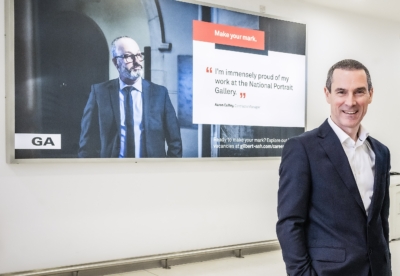
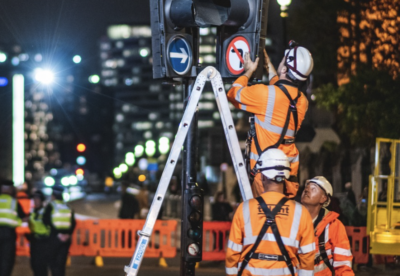




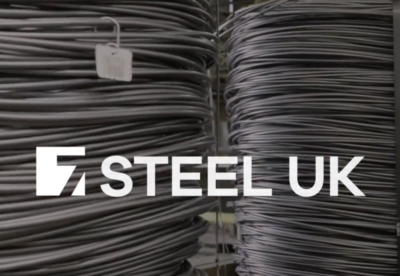


 (300 x 250 px).jpg)










